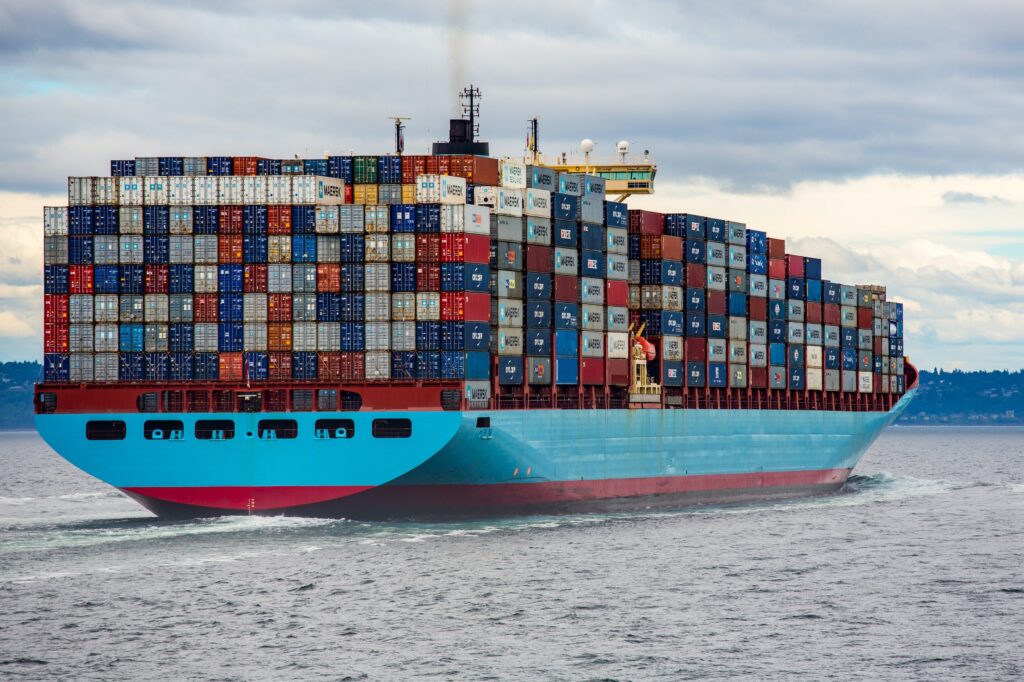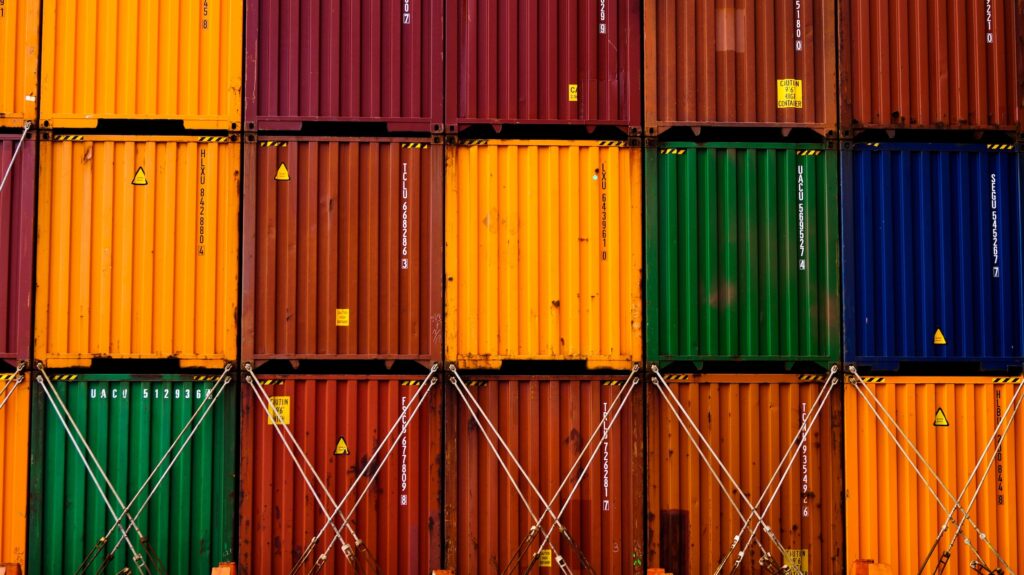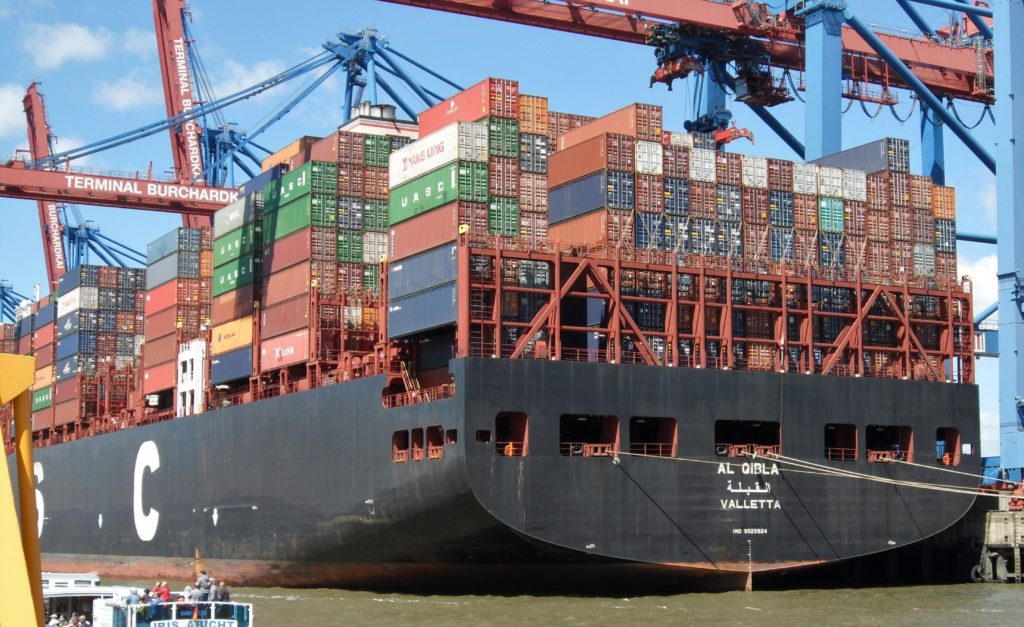Crisis Facing International Shipping
Posted on November 2, 2022
There are currently significant challenges facing the International Shipping community triggered by the pandemic. Reports indicate that globally, average freight rates increased by over 140% during 2021. Brexit has also caused a number of shipping challenges for European cargo. Rising fuel prices present another challenge for the shipping industry. As the cost of fuel rises, carriers are forced to raise prices or take losses.

Freight To The North America
Remains a very difficult trade; congestion and the resultant delays in Los Angeles, coupled with unprecedented demand continue to cause issues throughout the West Coast.
Los Angeles and Oakland are still experiencing delays, limits on
available allocation and over booking due to vessel schedule changes means it’s difficult to secure bookings; when bookings are accepted they are increasingly likely to be rolled or experience other delays.
Seattle and Portland aren’t being served via the USWC due to this congestion, Rail services over the USEC are possible, but are more expensive and likely to experience delays on the struggling rail services.
Vancouver continues to be omitted as a port of call and this is likely to continue into 2023, however some carriers are offering a rail service over Montreal.
Blank sailings and vessels delays caused by this congestion mean cargo being rolled is still a common occurrence as carriers work to bring their schedules back on track.
United States and Canadian East Coast have seen some improvements but, due to continued unprecedented demand, space remains tight, which impacts booking availability. Additionally, the USEC can also feel the knock-on effects of delays and vessel changes from the USWC. Customers are advised to book as far ahead as possible.
Oceania
Continues to suffer increased congestion at the transhipment ports in Asia, and the increase in feeder costs from Asia to Oceania continues to drive the rates upwards as carriers seek to address these issues.
Asia
Is the one trade where rates have and are being reduced, as carriers fight for cargo on the return leg to get equipment back to Asia. Space and bookings shouldn’t generally be a problem, as carriers have introduced additional capacity on the lucrative Asia Westbound route. Please note this only affects cargo destined for Asia, and not for consignments that are transiting through Asia.

Middle East
Is suffering due to increased demand, a lack of capacity and carriers omitting Middle East calls on their Far East services in an effort to get vessels back on schedule. Rates have recently increased significantly.
India & The Sub-Continent
Are again suffering for the same reasons as the Middle East, and this trade also recently experienced an increase.
Latin America and the Caribbean
Remain static. Many carriers are only accepting bookings on a case by case basis as there is little regular traffic to maintain allocations, which means customers need to be aware it may take some time to have bookings accepted.
Mediterranean
Has seen services removed, and coverage lessened in an effort to improve schedules back to Asia. Many ports are no longer called direct increasing both rates and transit times. This means that bookings to some locations have become very difficult and costs have generally increased.
South Africa
Has just gone through a revamp leading to a reduction in options on this trade route. Additionally, the inland African locations served through South Africa continue to experience issues, carriers are no longer offering these services due to inland infrastructure issues, or when accepted they will likely experience delays.
West & East Africa
Are again suffering from limited carriers and services, while some improvement has been made to the coverage initially offered, these trades remain expensive and unreliable.
Ancillaries: Port Strikes
The port of Felixstowe has announced that its workers have voted to strike for 8 days starting on the 21st August 2022. While it is hoped this will still be averted, customers need to be aware of the impact this might have on their shipments, both Export and Import, especially those due to be delivered in during this period. There may also be knock on effects at other ports as vessels are diverted.

Fuel & Bunker Costs
With the current energy supply issues, we are obviously seeing significant increases when these fuel reviews take place, which in some cases can add as much as $350 to a container freight cost. Customers need to be aware of these possible increases, when booking and sailing around these review points.
Currency Differences
Customers are reminded that carriers quote ocean freight and associated charges in local currency, usually USD, and will only convert those charges to GBP when the freight invoice is raised. Due to the current large swings in USD/GBP exchange rates, freight rates quoted in GBP have been exposed to significant currency loses

